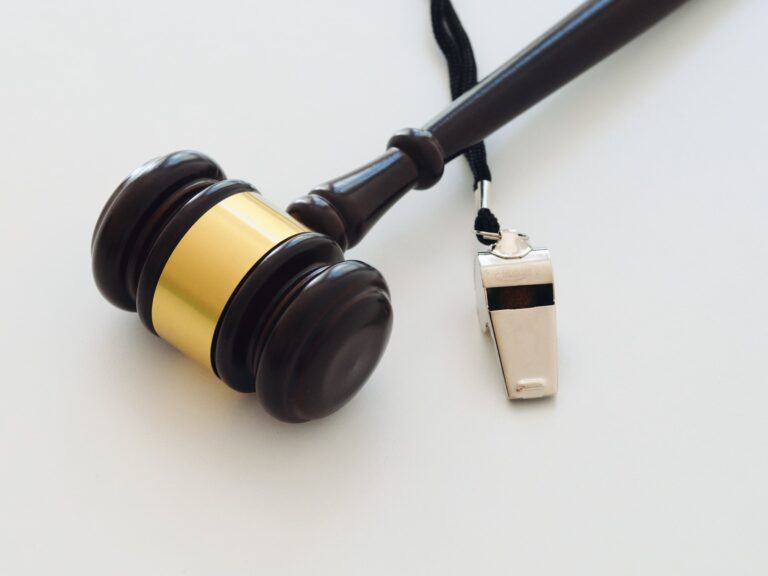California is using prison labor — including 58 incarcerated youth — to battle record-breaking forest fires raging across the state this week. As of 2015, more than more than 30 percent of California’s firefighters were incarcerated workers. Incarcerated firefighters make just $1 an hour (plus $2 a day) to fight deadly wildfires and face long, grueling shifts that can last up to 72 hours. California’s firefighting program for incarcerated workers is technically voluntary, but not all prison labor is. Approximately 700,000 incarcerated people across America work for a pittance — or for no wage at all — from preparing food to manufacturing military equipment. The average pay for an incarcerated prisoner working in a state prison is just 20 cents an hour, which was a major grievance raised that incarcerated workers raised in 2016’s massive, nationwide prisoners’ strike. Critics, and many incarcerated workers, argue that prison labor amounts to modern slavery.
Uber, Lyft, and other gig-economy giants are quietly lobbying the California legislature to undo a groundbreaking court ruling protecting gig workers’ rights. In April, in Dynamex Operations, West, Inc., California’s Supreme Court announced a new test for determining whether a worker should be classified as an independent contractor or an employee. As Prof. Sachs wrote in May, the state supreme court significantly raised the burden a hiring entity must meet to classify workers as independent contractors — meaning that Uber, Instacart, Handy, and other major gig-work companies would likely have to reclassify workers as full-fledged employees entitled to key protections like the minimum wage, sick time, and unemployment insurance. Now, the LA Times reports, nine major gig-economy companies are lobbying California’s top Democrats, including Democratic gubernatorial nominee Gavin Newsom, to overturn or limit the ruling through new legislation or through executive action.
Susan Fowler, the whistleblower who revealed widespread sexual harassment at Uber, explores another Uber-generated issue in next month’s issue of Vanity Fair: gig work. Fowler writes about how, during her time at the tech giant, Uber engineers discussed ways to manipulate driver “bonuses” to trick drivers into longer shifts, intentionally kept fares too low to for drivers’ pay to significantly exceed gas and maintenance, and a creeping concern they were displacing workers and disrupting lives. Fowler provides an insightful look at the Silicon Valley engineers starting to question their work.
Earlier this week, the Intercept revealed that Democratic Minnesota Attorney General Lori Swanson pushed her government staff to participate in political work. Yesterday, more sources came forward to report that top Swanson staffers helped identify lawyers who tried to form a union in 2008, which Swanson stifled. A top Swanson staffer told the Intercept that “Lori saw [union supporters] as enemies, and I helped find them for her,” discourage members to find a union, and even surveilling organizers’ communication at Attorney General Swanson’s instruction. Several staffers reported being fired for union organizing, according to local reports from the time.
The EEOC filed a new wave of workplace harassment suits yesterday in an ongoing push to end sex- and race-based harassment at work.






Daily News & Commentary
Start your day with our roundup of the latest labor developments. See all
December 2
Fourth Circuit rejects broad reading of NLRA’s managerial exception; OPM cancels reduced tuition program for federal employees; Starbucks will pay $39 million for violating New York City’s Fair Workweek law; Mamdani and Sanders join striking baristas outside a Brooklyn Starbucks.
December 1
California farmworkers defend state labor law, cities consider requiring companies to hire delivery drivers, Supreme Court takes FAA last-mile drivers case.
November 30
In today’s news and commentary, the MSPB issues its first precedential ruling since regaining a quorum; Amazon workers lead strikes and demonstrations in multiple countries; and Starbucks workers expand their indefinite strike to additional locations. Last week, the Merit Systems Protection Board (MSPB) released its first precedential decision in eight months. The MSPB had been […]
November 28
Lawsuit against EEOC for failure to investigate disparate-impact claims dismissed; DHS to end TPS for Haiti; Appeal of Cemex decision in Ninth Circuit may soon resume
November 27
Amazon wins preliminary injunction against New York’s private sector bargaining law; ALJs resume decisions; and the CFPB intends to make unilateral changes without bargaining.
November 26
In today’s news and commentary, NLRB lawyers urge the 3rd Circuit to follow recent district court cases that declined to enjoin Board proceedings; the percentage of unemployed Americans with a college degree reaches its highest level since tracking began in 1992; and a member of the House proposes a bill that would require secret ballot […]